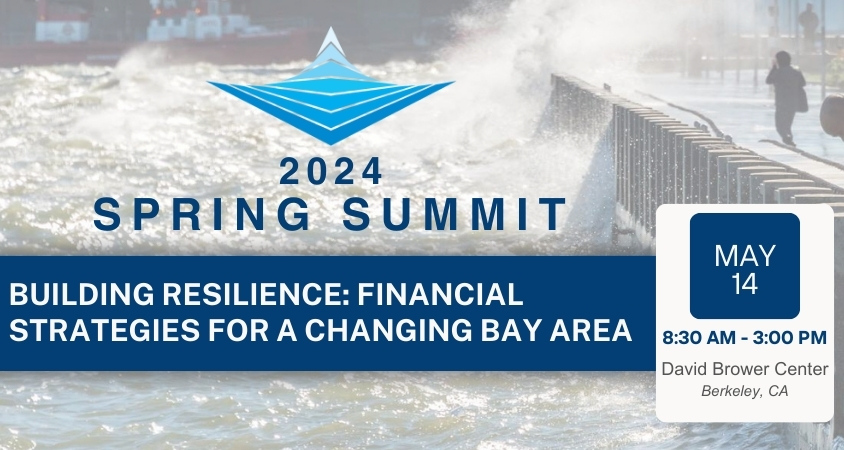WRDA conferees have resolved key differences — lobbyist
Annie Snider, E&E reporter
Published: Tuesday, March 18, 2014
Key differences between House and Senate versions of the Water Resources Development Act have been resolved and a final agreement is expected to be announced after April 30, a lobbyist for the barge industry said today.
Speaking at a news conference in Washington, D.C., Michael Toohey, president and CEO of Waterways Council Inc., said a final WRDA deal is all but finalized.
“They should have WRDA done after April 30 — they’re waiting on one final chief’s report for a project in the West,” Toohey said. “After that, we expect that they will announce a final agreement and be ready to bring forward the authorization bill.”
The Senate overwhelmingly passed its version of WRDA last May, and the House approved its “Water Resources Reform and Development Act” 417-3 in October. But negotiators quickly ran into trouble trying to hash out a compromise between two significantly different bills.
Among the contested issues: How should projects be authorized? Which projects should be included in WRDA? What should be the overall price tag for new authorizations? Should a new funding mechanism be tested out? And should projects be authorized if the administration hasn’t signed off on them at the time of the bill’s passage?
The final issue was a sticking point. House Transportation and Infrastructure Chairman Bill Shuster (R-Pa.) told lawmakers in his chamber that only projects with final approval from the chief of the Army Corps of Engineers, termed a “chief’s report,” would be eligible for authorization. He promised that the committee would return to the usual schedule of doing WRDA bills every two years, and any projects that didn’t make the cut this go-around would get picked up in the next one.
But the time between WRDA bills has been much longer in recent years — the last WRDA was enacted in 2007 — and many lawmakers didn’t want to risk having to wait another seven years to get projects authorized and eligible for funding. The Senate version of the bill created a window after passage during which projects that received a favorable chief’s report would automatically receive authorization.
Toohey said today that he did not know which project lawmakers were awaiting. The corps is scrambling to finish reports on dozens of projects, including several popular with the Florida delegation.


